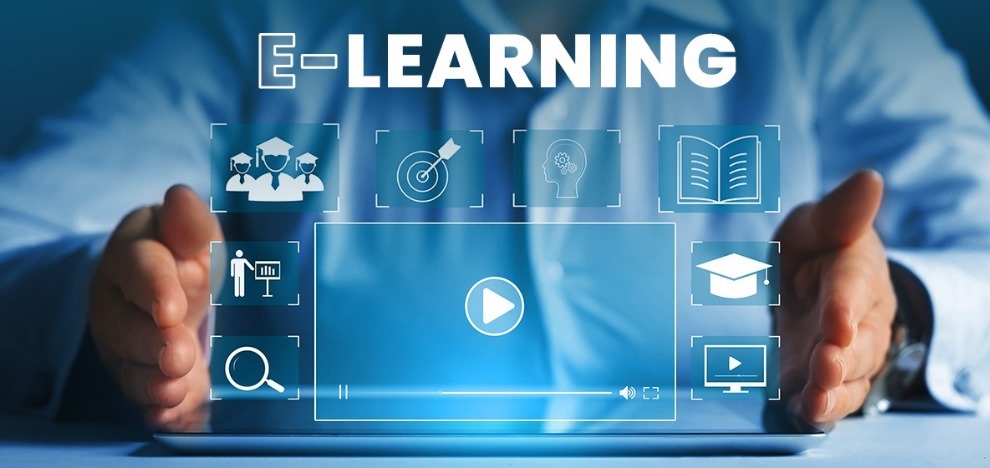
The 21st century’s rapid technological advancements and unprecedented connectivity have bridged global gaps, bringing continents closer. Among these, e-learning stands out as a revolutionary approach to education, transcending traditional classroom boundaries and reshaping the world for students, professionals, entrepreneurs, and individuals.
E-learning in Pakistan
In Pakistan, e-learning emerges as a transformative force with the potential to bridge educational gaps and foster inclusive growth amidst its diverse geography and socio-economic disparities. The country faces significant challenges in providing quality education to its vast population, especially in rural areas lacking qualified teachers, modern facilities, and updated curricula.
E-learning Solutions
E-learning offers a viable solution by delivering quality education to remote and underserved regions through digital platforms. Students from Gilgit-Baltistan to Sindh can benefit from high-quality educational content if they have internet access, ensuring education is no longer confined to urban centers. E-learning, or electronic learning, uses electronic technologies to access educational curricula outside traditional classroom settings, reaching people beyond geographical boundaries. Although not entirely new, with roots in 1960s computer-based training programs, the COVID-19 lockdown in Pakistan saw companies and individuals utilizing online systems like Zoom and Microsoft Teams to exchange information.
Digital Shift
E-learning has brought about a swift paradigm shift in how education is perceived and delivered. Traditional education systems often fall short in catering to modern learners’ diverse needs, especially Generation Z. E-learning offers a more personalized and adaptable learning experience, encouraging modern thinking. One of the most significant impacts of e-learning is its ability to democratize education. By removing geographical barriers, e-learning makes quality education accessible to individuals in remote and underserved areas, particularly in remote parts of Pakistan.
Learning opportunities
E-learning platforms often provide courses in multiple languages, promoting inclusivity and catering to a global audience. E-learning offers unparalleled flexibility, allowing learners to access educational content at their own pace and convenience. This flexibility benefits working professionals who wish to upskill or pursue further education without compromising job responsibilities. Traditional education can be expensive, but e-learning neutralizes these expenses, offering more affordable alternatives through free or low-cost courses, reducing financial barriers.
Personalized Experience
E-learning platforms leverage data analytics and artificial intelligence to offer personalized learning experiences. By analyzing learners’ progress and preferences, these platforms can recommend tailored content and provide targeted feedback. Interactive multimedia content, gamification, and virtual simulations make e-learning more engaging than traditional lectures, catering to various learning styles and ensuring students remain motivated. E-learning platforms provide access to vast resources, including e-books, research papers, video lectures, and online libraries, empowering students to explore topics in depth and conduct independent research. For professionals, e-learning represents a powerful tool for career development and continuous learning.
Corporate e-learning
Corporations increasingly rely on e-learning for employee training and development, enabling companies to deliver consistent and scalable training programs. E-learning allows professionals to acquire new skills and stay updated on industry trends without career breaks, offering opportunities for skill enhancement and upskilling. The future of e-learning is bright, with advancements in technology set to enhance its capabilities further. Artificial intelligence, virtual reality, and augmented reality promise to revolutionize e-learning, providing immersive and interactive experiences. Adaptive learning systems will offer more personalized and efficient educational pathways, and blockchain technology will enhance the security and credibility of online certifications.
E-learning is a cornerstone of 21st-century education, democratizing education globally and reshaping the world in profound ways. The challenge lies in addressing the digital divide and ensuring the benefits of e-learning are accessible to all.

